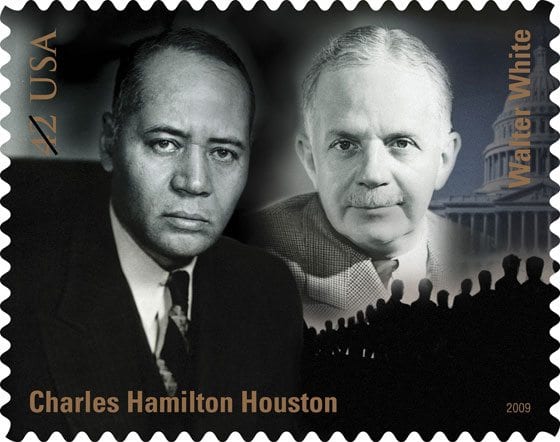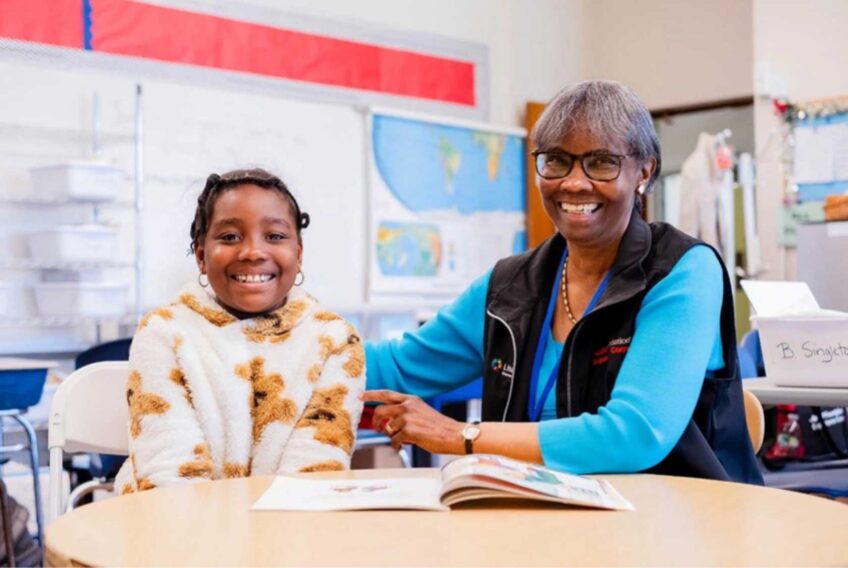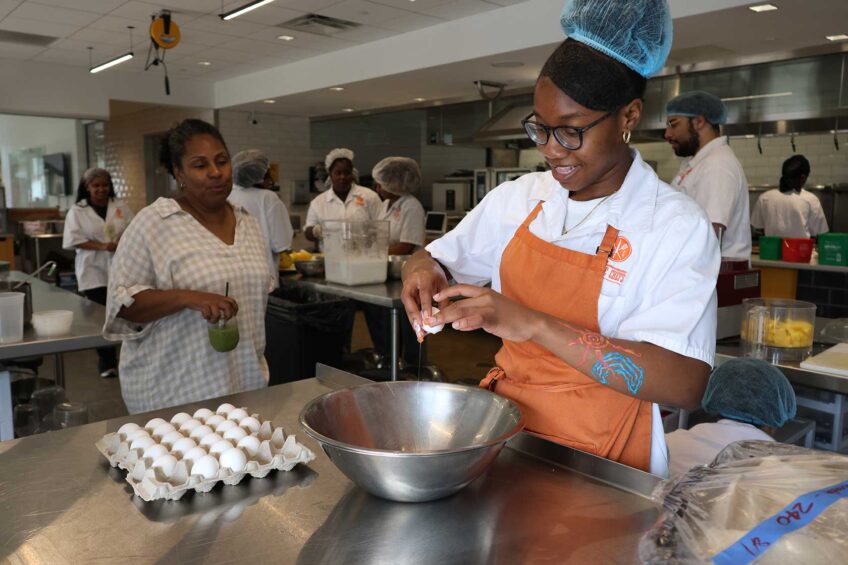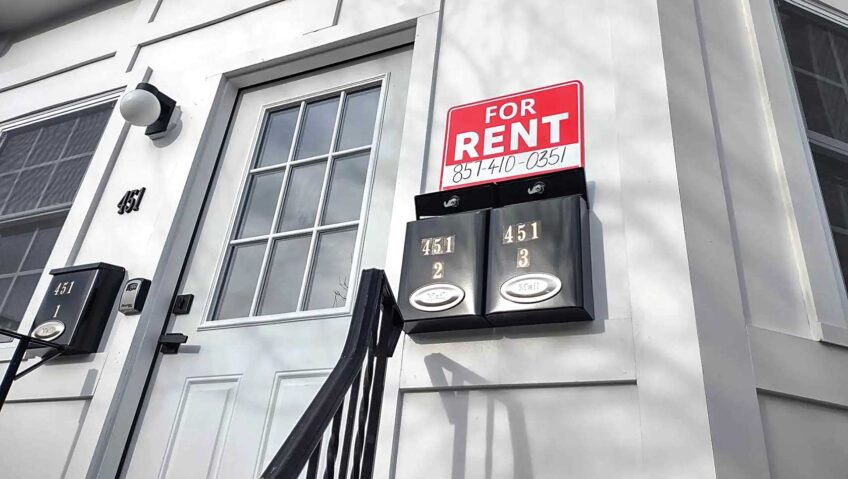


Author: AP /U.S. Postal ServiceThis undated handout image provided by the U.S. Postal Service show 2009 postage stamps honoring Charles Hamilton Houston and Walter White.
Scores of people gathered at an event and panel discussion held in Cambridge last Saturday to celebrate the release of a commemorative postage stamp bearing the image of legendary civil rights leader Charles Hamilton Houston.
“The Postal Service recognized the courage, commitment and achievement of 12 civil rights leaders. … Charles Hamilton Houston is one of the individuals featured on the ‘civil rights pioneers’ stamps,” said Katherine Lydon, postmaster of the Cambridge Post Office.
Each year, the U.S. Postal Service receives tens of thousands of suggestions on which individuals should be featured on commemorative stamps. Only a relative few — maybe 20 to 25 in a year — receive the honor.
“Stamps can start conversations, help share dreams [and] memories, and challenge us to reflect and remember those who have sacrificed so much to help make this nation live up to its promise,” Lydon said.
Another celebration honoring all 12 of the “pioneers” also took place last Saturday in New York City. But the Cambridge event at the Zero Arrow Theatre was dedicated primarily to Houston, whose name graces the Charles Hamilton Houston Institute for Race and Justice at Harvard Law School.
“Charles Hamilton Houston cast a stone into the waters of this nation’s approaches [to] racial integration, and the ripples continue to be felt to this day,” said Cambridge Mayor E. Denise Simmons.
A prominent civil rights lawyer, Houston played a role in virtually every civil rights case before the U.S. Supreme Court between 1930 and Brown v. Board of Education, the landmark school-desegregation case in 1954.
Born in 1895, Houston faced the pervasive effects of racism early in life.
“Racial discrimination in this country was intense, segregation was widespread. … It was not a hospitable environment for a young black man to be born into,” Simmons said.
Despite such obstacles, Houston attended the prestigious M Street High School in Washington, D.C., the nation’s first high school for black children. He later went on to Amherst College and Harvard Law School, where he graduated cum laude and became the first black editor of the Harvard Law Review.
“Rather than accepting the unfair hurdles that had settled into American society over the previous decades, he was determined to dismantle that legal challenge in the courtroom,” Simmons said.
After earning his law degree at Harvard, Houston practiced law with his father while teaching at Howard University. As the dean of Howard University School of Law, he trained nearly a quarter of the nation’s black law students — including Brown v. Board of Education lawyer Thurgood Marshall, who later became the first black Supreme Court justice.
Houston also served as the litigation director for the National Association for the Advancement of Colored People (NAACP), formulating visionary legal strategies to defeat Jim Crow segregation.
“His dedication and leadership brought down Jim Crow, but cost his life. Overworked and exhausted, he died of a heart attack on April 1950 — just four years before Brown,” said Charles Hamilton Houston Jr., Houston’s son, who was six when his father died.
To pay tribute to Houston and continue his unfinished work, Harvard Law School established the Charles Hamilton Houston Institute for Race and Justice in 2005.
The institute’s founder, Harvard Law School Professor Charles J. Ogletree Jr., moderated last Saturday’s panel discussion, which featured representatives from the NAACP, Howard University School of Law, Amherst College and the former M Street High School, now known as Dunbar High School.
The panel discussed the many facets of Houston’s legacy and the racial challenges still facing American society. Some also expressed concerns that the spirit of the civil rights movement has subsided.
“To me, it’s ridiculous to say we are in a post-racial society,” said Kelly Tellis-Warren, president of the Amherst College Black Student Union. “[We have] a long way to go; a lot of energy that came out from the civil rights movement just disappeared.”
Tellis-Warren, a Roxbury native and pre-med student, said she wants to work for social justice in addition to helping the sick.
To achieve social justice, the panel emphasized the importance of education and volunteering.
Jean M. McGuire, executive director of the Metropolitan Council for Educational Opportunity (METCO) Inc., said that she has tried to implement and replicate in Boston the high-quality education she received as a student at M Street.
“I never let my students feel that they couldn’t do anything,” McGuire said. “I want them all to play musical instruments, I want them all to be able to speak in public, I want them all to know what it is to take care of somebody else.”
Famebridge Witherspoon, a representative from the NAACP’s New England Area Conference, said that the biggest challenge today is a relative indifference to the importance of community. Praising President Obama’s call for community service, Witherspoon encouraged members of the audience to increase their participation.
“If there’s anything you can do in the audience, go outside of your house, outside of your job, into your communities and get involved,” Witherspoon said. “Know who your neighbors are, be brave and reach out.”






